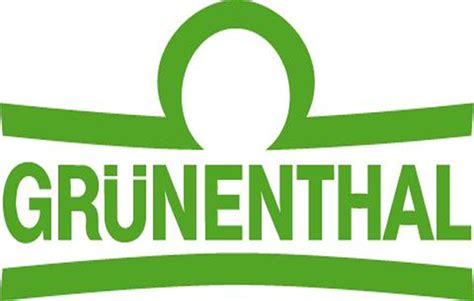
Brian Martin
Published in The Whistle (Newsletter of Whistleblowers Australia), No. 111, July 2022, pp. 4-6
In the late 1950s and early 1960s, the German drug company Grünenthal marketed a morning-sickness drug. Some doctors reported that women on the drug were suffering side effects such as peripheral neuritis, but Grünenthal ignored or tried to silence them. Then researchers reported that some of the children of mothers who had taken the drug were seriously deformed. The drug was taken off the market, but Grünenthal resisted paying compensation.
This is the story of thalidomide, a famous case of pharmaceutical company malfeasance. It occurred before the term “whistleblower” became well known, but we can still ask, should any of the players in the story have this label?

Suppose one of Grünenthal’s scientists or doctors or executives had spoken out about the potential hazard from thalidomide. This would be a traditional example of whistleblowing. But no one from inside the company spoke out. The exposures about health hazards came from outsiders.
What about doctors who reported side effects in their patients? Should they be called whistleblowers? Perhaps in a general sense. They were reporting problems to someone in authority. But if doctors reporting problems with thalidomide are called whistleblowers, does this mean that any doctor who reports a side effect from any drug is a whistleblower?
We usually think of whistleblowing as involving some risk. But what if the only risk is that a report will be ignored, with no consequences for the person making the report?
These questions are stimulated by a new report titled The critical role that whistleblowers play in countering COVID-19 disinformation.
There are some clear cases. Most famous is the Chinese doctor Li Wenliang who in December 2019 noticed similarities between what we now call Covid-19 and the infectious disease SARS, and warned doctors to wear protective gear and later went public with his concerns. Chinese officials reprimanded him but, following his death in February 2020 and a public outcry, the government lauded him for his efforts.
The report doesn’t mention Li Wenliang but does tell about workers who raised issues of concern, for example Brook Jackson who reported safety and quality-control issues at Covid vaccine trial sites run by the Ventavia Research Group in Texas. At the beginning of the pandemic, many individuals around the world raised the alarm about the coronavirus. According to the report, “Whistleblowers who made external or public disclosures were either silenced or fired.”
This is the traditional way of thinking about whistleblowing. However, much of the report deals with claims about misinformation, disinformation and conspiracy theories. This is where I have problems. To try to explain my reservations, I’ll first address the idea of disinformation and then look at the controversy over nuclear power. There is a connection with Covid-19! Then I’ll examine ideas about conspiracy theories. My view is that talking about disinformation is tricky and often inappropriate when dealing with disputes between experts, and that care is needed when referring to conspiracy theories.
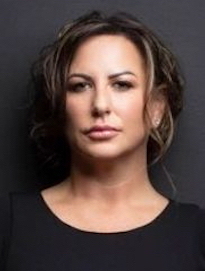
Brook Jackson
Let’s start with the term “disinformation.” The prime example is war propaganda, in which militaries promote claims they know are false in order to gain an advantage. The enemy is accused of committing atrocities, which then justifies our side’s attacks.
Often, it’s not easy to get to the bottom of what’s really happening. In the lead-up to the US-led invasion of Iraq in 2003, the most common justification was that Saddam Hussein had or was acquiring weapons of mass destruction. As it turned out, there were no WMDs and the claims about them were dodgy the whole time. Were the WMD claims intentionally false? If so, they could be called disinformation. Were they sincere but mistaken? Then they should be called misinformation.
Australia’s most famous whistleblower, Andrew Wilkie, was an analyst in the Office of National Assessments. Shortly before the invasion, Wilkie resigned from ONA and went public questioning the government’s rationale for joining the assault. Wilkie was definitely a whistleblower, in the conventional sense. He was an insider and challenged questionable claims.
But what about the hundreds of thousands of Australians who protested against the invasion? Many of them questioned the WMD claims, and many were well informed. These informed protesters were trying to counter what they believed was disinformation. But we don’t call them whistleblowers.
Whistleblowers don’t have to be right. They raise concerns and expect that authorities will investigate. However, as soon as we start talking about disinformation, there is an assumption that the truth is known. After all, if the truth is uncertain, how can we be sure a claim is disinformation rather than valid information?

In what is called a scientific controversy, there are claims and counterclaims, including disagreements between scientists. In this context, to say that someone’s claim is disinformation or misinformation is to take a side in the controversy.
Consider a controversy from decades ago: nuclear reactor safety. In the 1960s and 1970s, nuclear power was widely touted as the energy source of the future: clean, safe and inexpensive. It was backed by nearly all nuclear experts. Opposition to the burgeoning nuclear industry came from activists, most of whom had no nuclear expertise. Among nuclear scientists and engineers, support for nuclear power was the orthodox position; to disagree was to dissent. (The wider public controversy wasn’t just about technical issues such as reactor safety. It also involved issues of economics, Aboriginal land rights, proliferation of nuclear weapons, energy alternatives and vulnerability to terrorists.)
General Electric was one of the most important manufacturers of nuclear power plants, in an industry that seemed on the ascendant. In 1976, three engineers who worked in GE’s nuclear reactor division — Dale Bridenbaugh, Richard Hubbard and Gregory Minor — broke ranks. They went public with their concerns about nuclear safety, challenging the otherwise nearly universal endorsement of nuclear power by professionals in the area. They were condemned by the industry and praised by opponents. And they were called whistleblowers.
Let me emphasise the key point here. There was a controversy over nuclear power involving both experts and public campaigners. Those few experts from within the industry who went public with doubts about the orthodox position were called whistleblowers. It doesn’t mean they were necessarily right. It does refer to their challenge to the dominant view.
Fast forward to the 2020s and controversies over Covid-19. The dominant view is that Covid is a serious threat to the lives of millions warranting lockdowns, masks and rapid development of vaccines. The view of most medical authorities and governments is that nonpatentable drugs, including hydroxychloroquine and ivermectin, are ineffective or dangerous, and that Covid vaccines are safe. In this context, who, if anyone, is a whistleblower?
You might imagine, by analogy with the nuclear-power controversy, that scientists and doctors who question the orthodoxy would be the ones called whistleblowers. But no, at least not according to many of the examples in the report that, it seems to me, label views about Covid contrary to those of government and health authorities as misinformation or disinformation. The whistleblowers, in this picture, are those who support the orthodox position and call out those who question it.
Imagine going back to 1976 and claiming that any criticism of nuclear power was disinformation. The three GE engineers would be condemned as deceivers, and those who exposed their deceit would be called whistleblowers.
There is nothing new about there being contrary views about a topic, whether nuclear power or Covid. Each side in the controversy treats its views as the truth and rejects the views of the other side as wrong, self-interested, deceptive and dangerous. Whenever there is a major public debate, we can expect this sort of disagreement, with completely different perspectives, each supported ardently, with opponents portrayed as scheming or deluded.
Because the report adopts the orthodox position and treats many of those who espouse any other position as purveying misinformation or disinformation, it takes sides. This can cause problems when examining the difficulties in speaking out because it misses those who speak out from the other side.
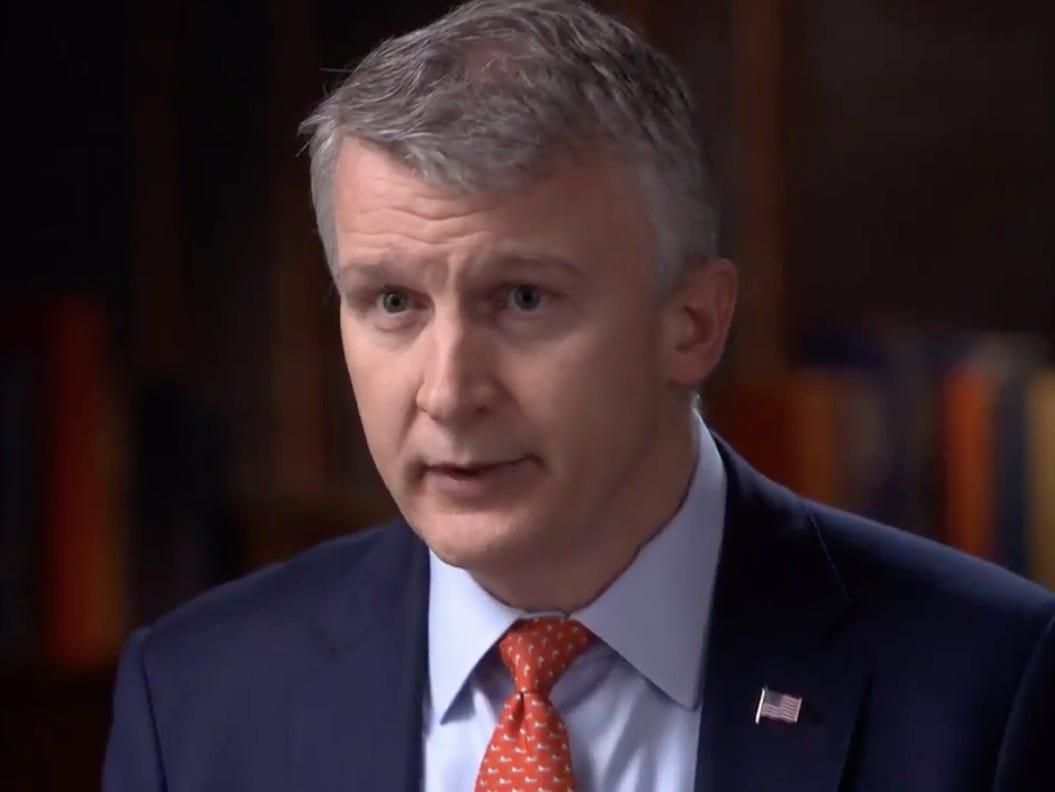
Rick Bright
One of the extended case studies in the report involves Dr Rick Bright, who was director of the Biomedical Advanced Research and Development Authority in the US. Bright was concerned by President Donald Trump’s endorsement of hydroxychloroquine (HCQ) as a treatment for Covid. Bright went through the usual processes of making reports to superiors, which were ignored. He then provided internal emails to journalists and was punitively transferred. He made a formal whistleblower complaint, testified to Congress and eventually resigned. With support from the Office of Special Counsel (a US agency that handles whistleblower complaints), Congress and the media, and support from “an experienced whistleblower attorney,” he obtained “a settlement agreement that offered him relief and he was able to recover his career.” His warnings were influential in the government’s withdrawal of access to HCQ for treating Covid.
Fine and good. But is it necessary to refer to the view that HCQ is a cure for Covid as “disinformation”? Without evidence that those who believe in the value of HCQ are anything but sincere, at worst their view might be called misinformation. Furthermore, there are scientists who argue the merits of HCQ less as a cure for Covid than as a preventive, and it’s possible to cite many studies about the benefits and safety of HCQ. These can be contested, of course. The dispute over the value of HCQ in relation to Covid is a typical scientific controversy. Bright challenged the Trump administration’s promotion of HCQ and came up against resistance from superiors, so it’s reasonable to call him a whistleblower. But what about doctors and scientists who call for studies or the use of HCQ and are silenced? Should they also be called whistleblowers?
The report gives this definition of conspiracy theories: “Intentionally false information about the ultimate causes of social and political events and circumstances with claims of secret plots of two or more powerful actor[s].” I’ve read a fair bit about conspiracy theories. The problem with this definition is the part about them being intentionally false. If someone claims there’s a conspiracy, how do you determine whether they believe it? If two people support the same theory about 9/11, and one knows it’s false but the other believes it, does that mean it’s a conspiracy theory for one of them but not for the other?
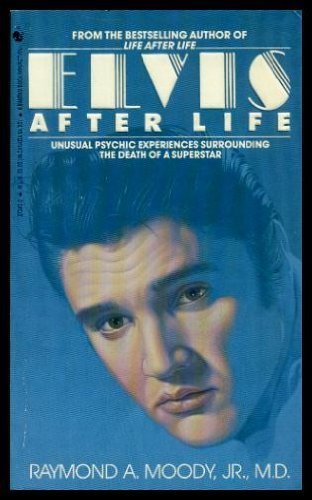
The same problem about determining what people really believe is at the core of the distinction between misinformation and disinformation. If you believe masks don’t help reduce the chance of getting Covid, is that misinformation, but if you know masks do help but say they don’t, is that disinformation? What about when authorities change their advice about masks, as they did in 2020? Does that mean that disinformation suddenly becomes correct information?
The report refers to the so-called “Disinformation Dozen,” a label applied by the Center for Countering Digital Hate (CCDH) to twelve people providing information about vaccines that supposedly composed two-thirds of “anti-vaccine content circulating on social media.” CCDH never provided any justification for referring to disinformation, namely that the individuals didn’t believe in what they were saying. CCDH said that Facebook and other platforms weren’t doing enough to remove misinformation about Covid. CCDH’s claims were widely reported at the time, but it turned out its claims didn’t stand up to scrutiny. Concerning the central point that twelve people were responsible for 73% of online vaccine misinformation, Facebook itself stated that “There isn’t any evidence to support this claim.” Does this mean that CCDH’s statements about the “Disinformation Dozen” are themselves misinformation, or even disinformation?
The primary author of the report is Samantha Feinstein, staff attorney and director of the international program at the Government Accountability Project. GAP is the most well-known whistleblower support organisation in the US, with a long impressive record.
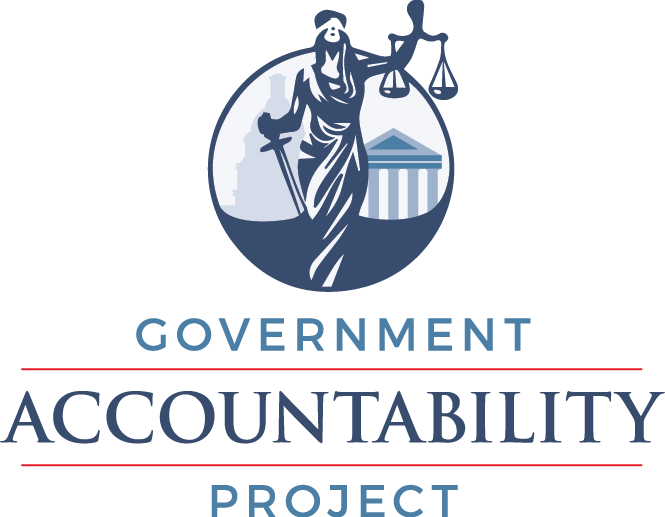
But we can also read that the report is part of a wider project titled Whistling at the fake: the crucial role of whistleblowers in countering disinformation. The project is “a multidisciplinary research project funded by NATO’s Public Diplomacy Division.” Militaries are experts at disinformation, both to counter enemy propaganda and to create their own, and they are also good at keeping secrets, especially hiding their own wrongdoing. NATO has vast resources for disinformation.

According to Whistling at the fake (https://www.whistlingatthefake.com), “the project aims at increasing knowledge, awareness, and understanding amongst citizens on methods of identifying false information, and providing a set of practical suggestions individuals may be able to use when countering disinformation, propaganda, and other hostile information activities more broadly.” Call me perverse, but I would really like to see some practical suggestions for identifying and countering NATO’s own disinformation.
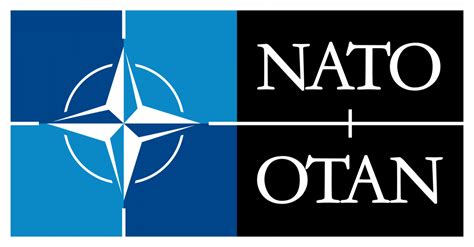
Brian Martin is editor of The Whistle.
Brian Martin's publications on suppression of dissent